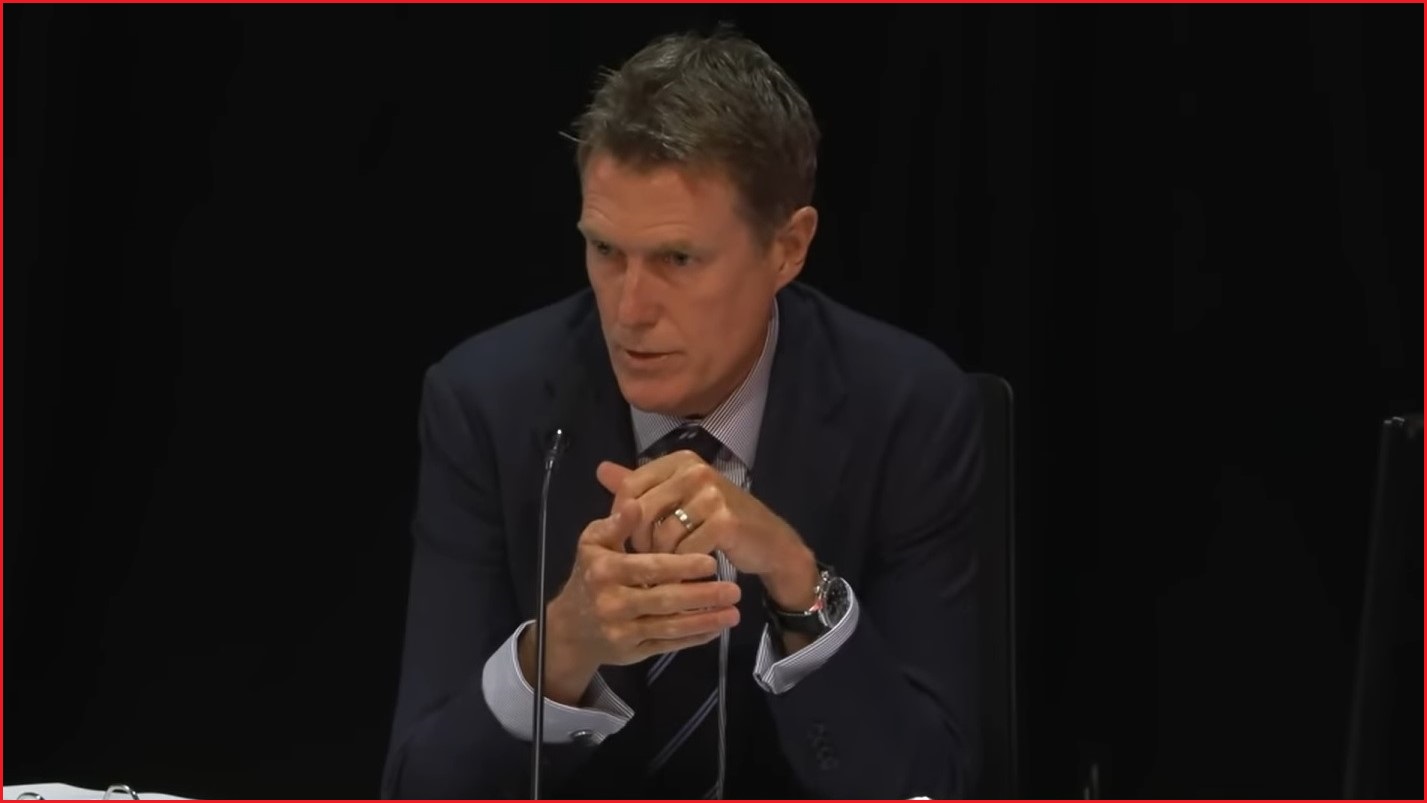Former Attorney General Christian Porter said he wished he had asked more questions about Robodebt, and takes responsibility for failing to bring the unlawful system to an end sooner.
Porter was Department of Social Services Minister from September 2015 through to December 2017 and was senior minister of the portfolio that contained the Department of Human Services which operated the scheme that saw debts unlawfully and automatically raised against welfare recipients.
He fronted the Robodebt Royal Commission last week.
Commissioner Catherine Holmes had expressed her annoyance that, throughout proceedings, witnesses routinely placed the blame at anyone’s feet but their own.
“Everybody says it was really somebody else’s doing, and it’s a bit hard to get to the bottom of whose doing it was,” she said in the hearing last week before asking Porter point blank, “Do you take any responsibility for this?”
His answer – a simple “I do” – was a refreshing moment of personal culpability in a Royal Commission that has uncovered systemic issues with the way the public service and government ministers operated by ignoring advice and concerns in order to implement a scheme that, by design, took money from our society’s most vulnerable people.
“I look back on this and I see myself, through the correspondence, getting quite close at points to taking the next step of inquiry,” Porter said.
“I didn’t do that. I wish now that I had.”
In his testimony, Porter claimed to have at least tried to understand the basis of public criticisms against the scheme which were beginning to cause political headaches inside the party room.
He was “frustrated” by the department, saying “it was very difficult to get engagement” when his office asked questions about the system.
“Parts of the design of the system were just obviously clunky and seemed to be easily fixable,” Porter said.
“And it surprised me that they had been put together in that way.”
Government released personal information
Porter’s testimony was a stark contrast to that of his former colleague Alan Tudge, who was the Human Services Minister from February 2016 to December 2017, and who made a lengthy appearance in front of the Royal Commission prior to the former Attorney General.
Tudge was remarkably incurious about whether or not a scheme whose successes in terms of budgetary savings he had promoted, and which he had defended publicly in the media, was legal.
“I didn’t know the full context in relation to the legalities,” Tudge said. “It just had not crossed my mind until I read about it in the newspaper, I think, following the Federal Court case.”
Still, Tudge was happy to make announcements about the scheme which had gotten underway before he stepped into the portfolio, fronting the media to promote its apparent successes.
Speaking to the Royal Commission ahead of Tudge was his former media advisor Rachelle Miller who described him as “very media focused”.
As stories emerged about people receiving debt recovery notices, and the level of distress they caused, Miller worked on a plan to “shut down the story”.
The plan involved feeding stories to right-wing media outlets “about how the Coalition was actually catching people who were cheating the welfare system”.
But as the outrage grew, Tudge’s media team began attempting to “correct the record” by releasing information about welfare recipients to the press.
The aim of this was, as Miller described it, to “send a clear message” to people who were thinking of sharing their experiences of Robodebt with the media.
In one instance, a person authored a column in a major newspaper criticising the department and then had their de-identified information released by Tudge’s office.










